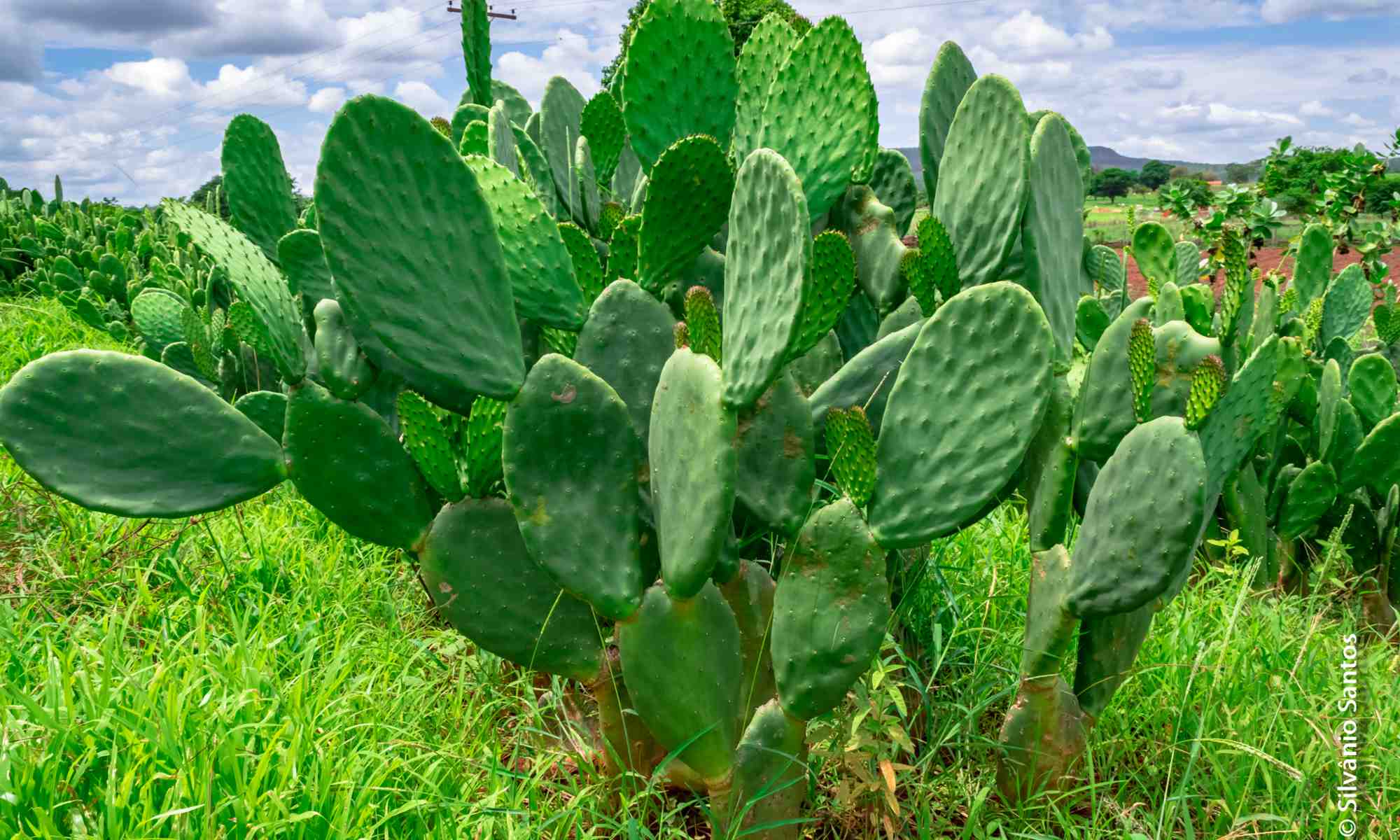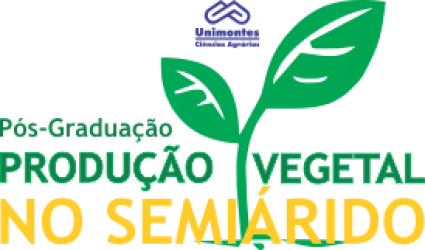- Version
- Download 16
- File Size 1.18 MB
- Create Date 11/06/2021
- Download
ROCHA, Josiele Silva. Promoção do crescimento e interação endofítica de Bacillus spp. em mudas micropropagadas de bananeira. 2017. 60 p. Dissertação (Mestrado em Produção Vegetal no Semiárido) – Universidade Estadual de Montes Claros, Janaúba, 2017.
A bananeira (Musa spp.) apresenta diferentes espécies de bactérias endofíticas que são capazes de estimular o crescimento, aumentar a produção e reduzir os efeitos dos estresses bióticos e abióticos. Contudo, fazem-se necessários estudos visando uma melhor compreensão sobre as relações entre esse grupo de bactérias e a espécie. Com isso, o objetivo do presente trabalho foi estudar por meio de análises anatômicas e de ultraestrutura a localização das bactérias endofíticas na região da rizosfera e avaliar os efeitos da associação de diferentes espécies de isolados bacterianos (EB-40, EB-55, EB-87, EB-169 e EB-194) e distintos volumes de inoculação (25, 50, 75 e 100 mL) no crescimento e qualidade das mudas micropropagadas de bananeira. Como resultados, observou-se a colonização efetiva do isolado EB-40 (Bacillus sp.) nos espaços intercelulares e intracelulares, bem como na região da rizosfera. Foi possível também observar o isolado EB-40 associado à membrana plasmática e à parede celulósica. Adicionalmente, material fibrilar mucilaginoso foi identificado tanto no rizoplano quanto no interior dos pelos radiculares. Em relação às características vegetativas, como o diâmetro e comprimento do pseudocaule, ambos apresentaram maiores valores quando as mudas foram inoculadas com o isolado EB-40 e a combinação de EB-40 + EB-194 nos volumes de 25 e 50 mL. A aplicação do mix de bactérias promoveu aumento nos valores obtidos para o índice SPAD à medida que o volume de inóculo foi incrementado. As massas fresca e seca de parte aérea incrementaram com a aplicação de 25 e 100 mL dos inóculos do EB-40 ou do combinado EB-40 e EB-194. Para as massas fresca e seca da raiz o maior incremento só foi observado com a aplicação de 25 mL dos inóculos EB-40 e da combinação EB-40 + EB-194. O presente estudo demonstrou a eficiência na promoção de crescimento vegetal e na colonização intra e intercelular de bactérias endofíticas do gênero Bacillus em mudas micropropagadas de bananeira ‘Prata-Anã’. Esses resultados abrem perspectivas para a compreensão dos mecanismos envolvidas na colonização de células vegetais por bactéria endofíticas ao passo que permite a otimização de formulações de bactérias do gênero Bacillus como biofertilizantes de mudas micropropagadas de bananeira ‘Prata-Anã’ como ferramenta biotecnológica.
Palavras-chave: Musa spp., bactérias endofíticas, biofertilizante, microscopia eletrônica de transmissão, microscopia de luz
Promoting of the growth and endophytic interaction of Bacillus spp. in micropropagated banana seedlings
Banana (Musa spp.) tissue present naturally different endophytic bacteria species that can promote plant-growth, increase yield and reduce the effects of biotic and abiotic stresses. However, it is necessary to understand the relationship between the plant and endophytic bacteria. The aim of our work was to study the location of endophytic bacteria in the rhizosphere region by anatomical and ultrastructural analysis. Additionally, this study evaluated the effects of the association of different species of bacterial isolates (EB-40, EB-55, EB-87, EB-169 and EB-194) and the different volumes of inoculation (25, 50, 75 and 100 mL) in the plant growth promotion of micropropagated banana plantlets. As results, we observed the effective colonization of endophytic bacteria of the EB-40 isolate (Bacillus sp.) in tissues and their location in the inter and intracellular spaces, as well as in the rhizosphere. The endophytics observed in the intracellular space were mainly associated with the plasma membrane and the cell wall. The cell walls of these microorganisms were rich in calcium and nitrogen. In addition, mucilaginous fibrillar was observed both in the rhizosphere and inside the root hairs cells. The pseudo stem diameter and length presented higher when we inoculated with EB-40 isolate or the EB-40 and EB-194 combination in the 25 and 50 mL volumes than compared with others treatments. The bacterial mix promoted an increase in the SPAD index values as the volume of inoculum increased, while the other treatments presented a reduction in these values. Fresh and dry shoot masses obtained better results in the application of 25 and 100 mL of EB-40 or EB-40 and EB-194 combination when compared with others treatments. On the other hand, the results of fresh and dry root masses presented better results with the use of 25 mL of the EB-40 and EB-194 combination and EB-40 isolate, respectively. The present results demonstrated the efficiency in the promotion of plant growth and in the intra and intercellular colonization of endophytic bacteria of the genus Bacillus in micropropagated seedlings of ‘Prata-anã’ banana tree. These results open perspectives for the understanding of the mechanisms involved in the colonization of plant cells by endophytic bacteria, while allowing the optimization of formulations of bacteria of the genus Bacillus as biofertilizers of micropropagated plantlets of banana tree as a biotechnology tool.
Keywords: Musa spp., endophytic bacteria, biofertilizer, transmission electronic microscope, light microscope

